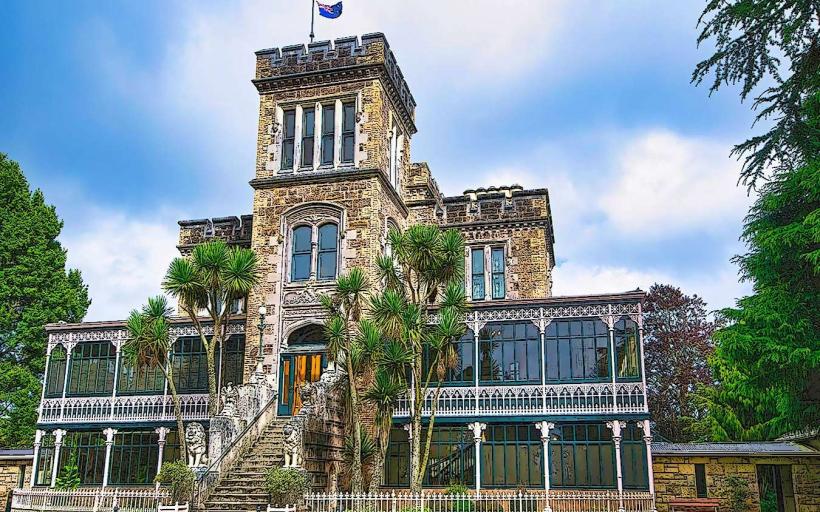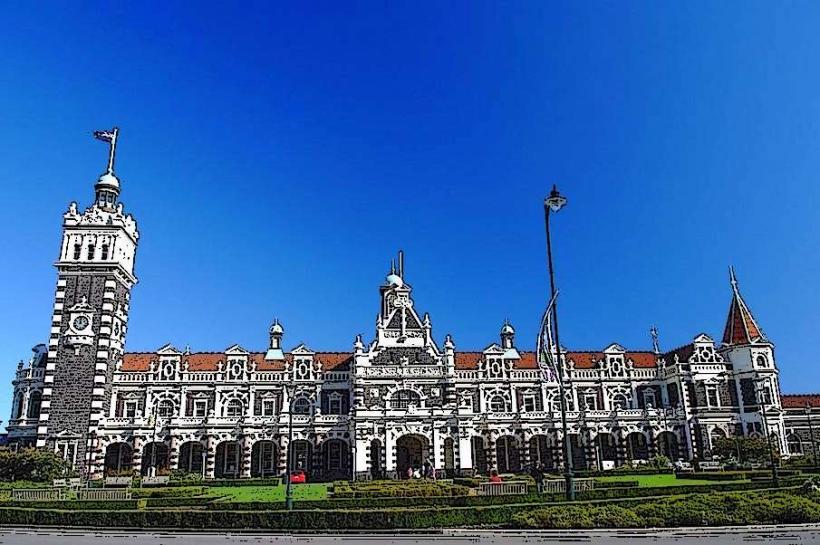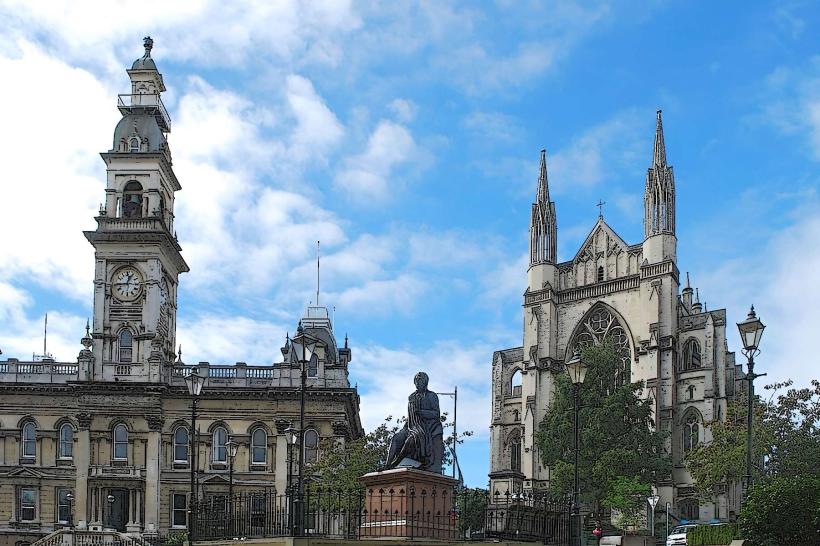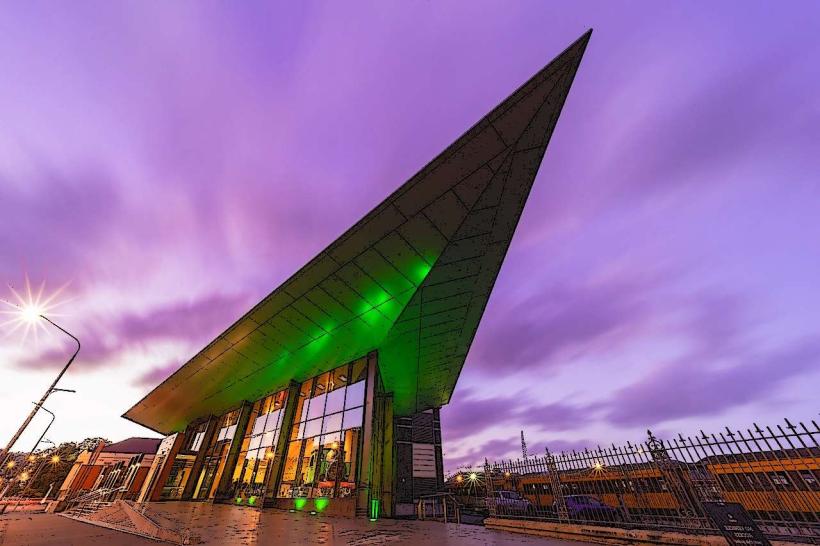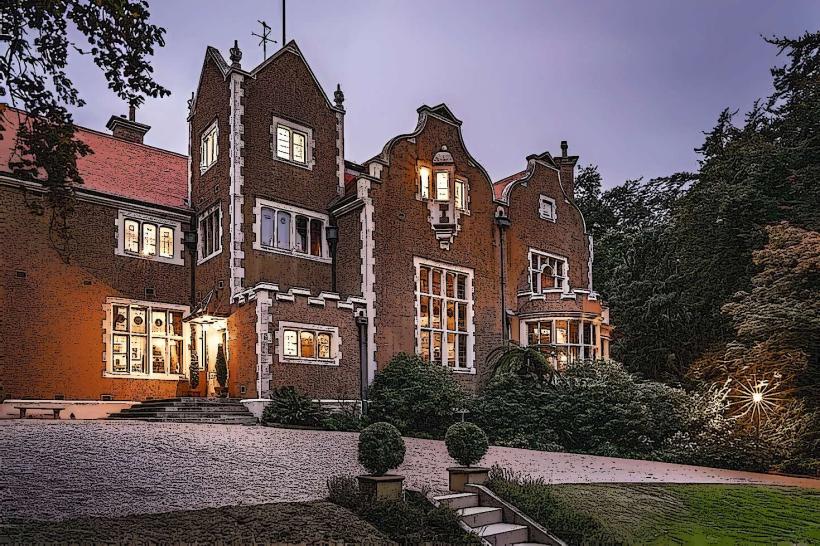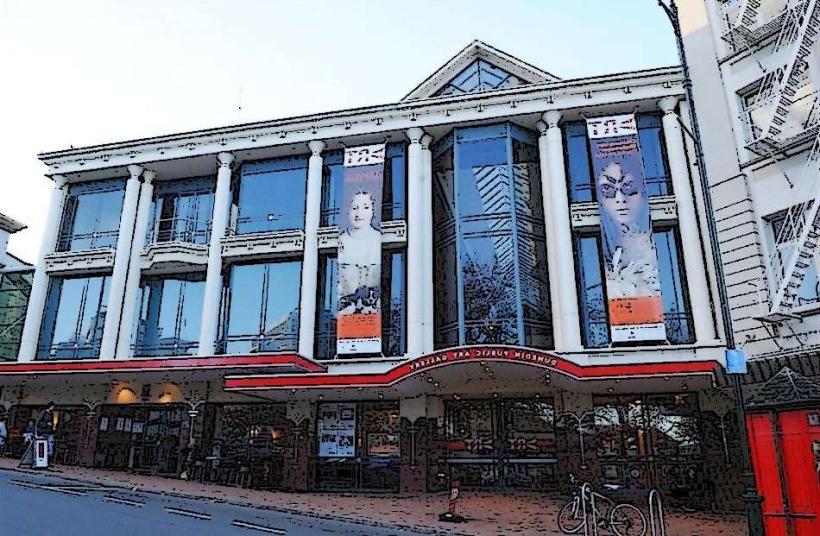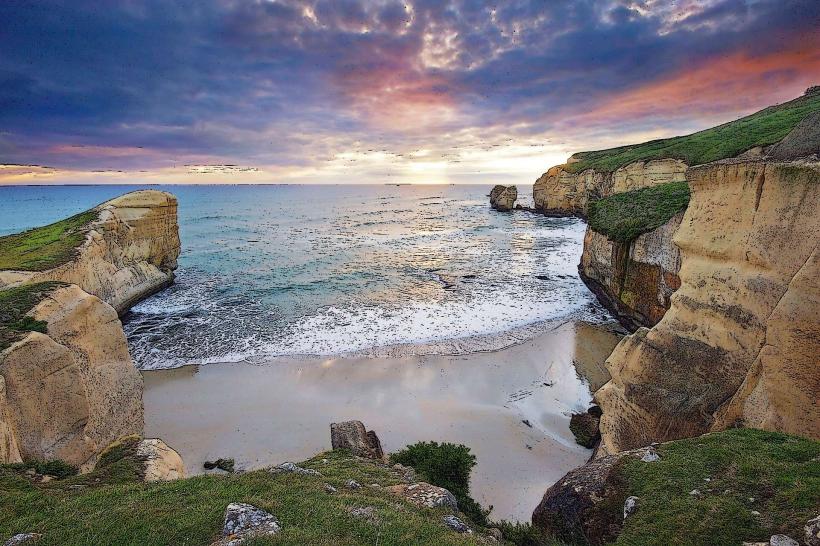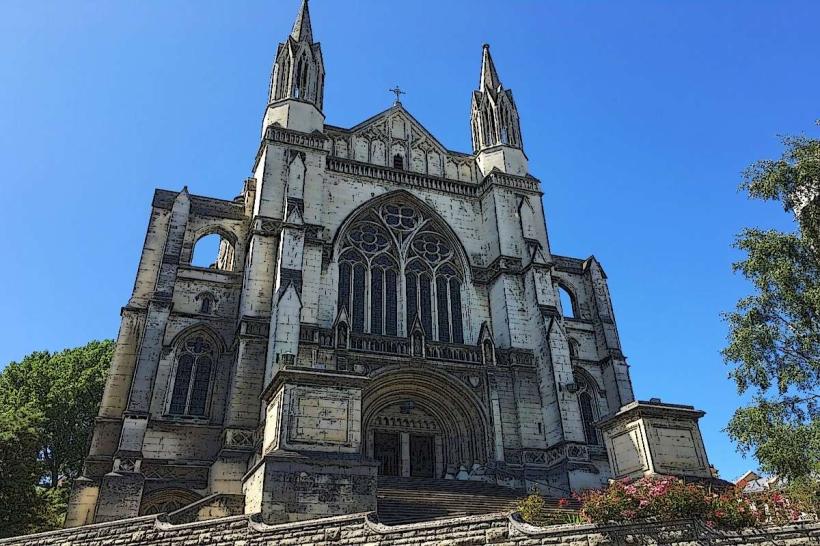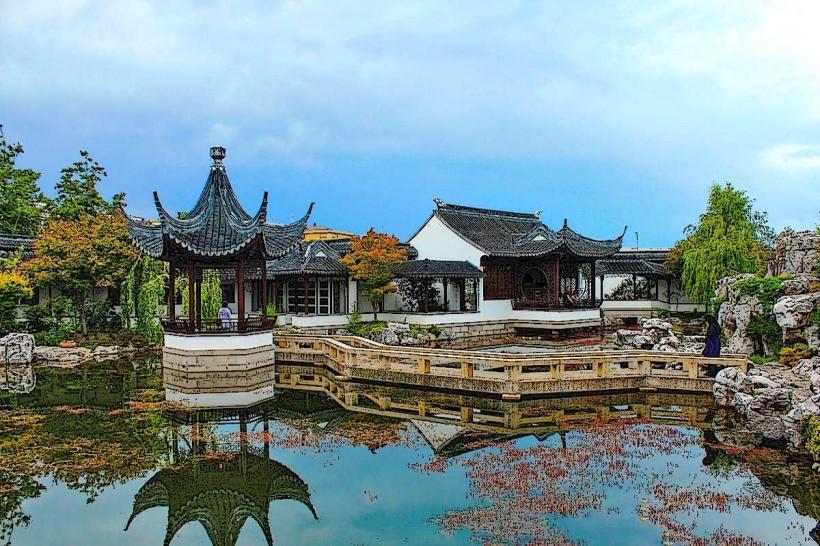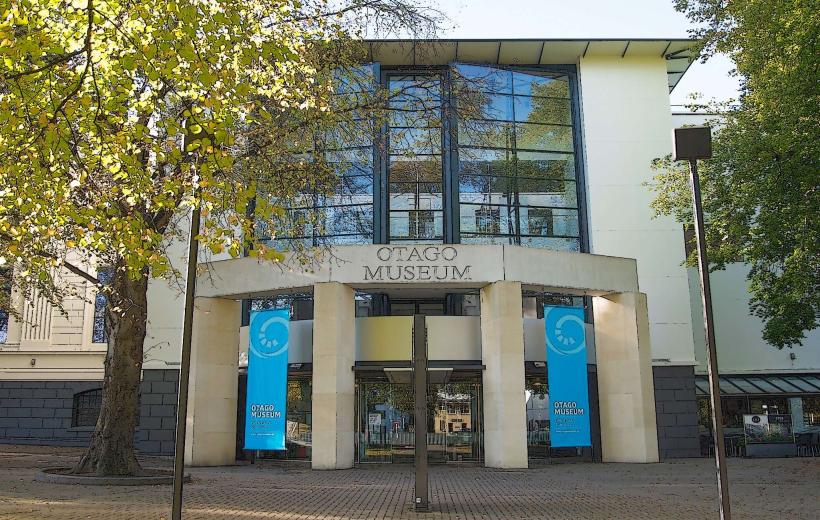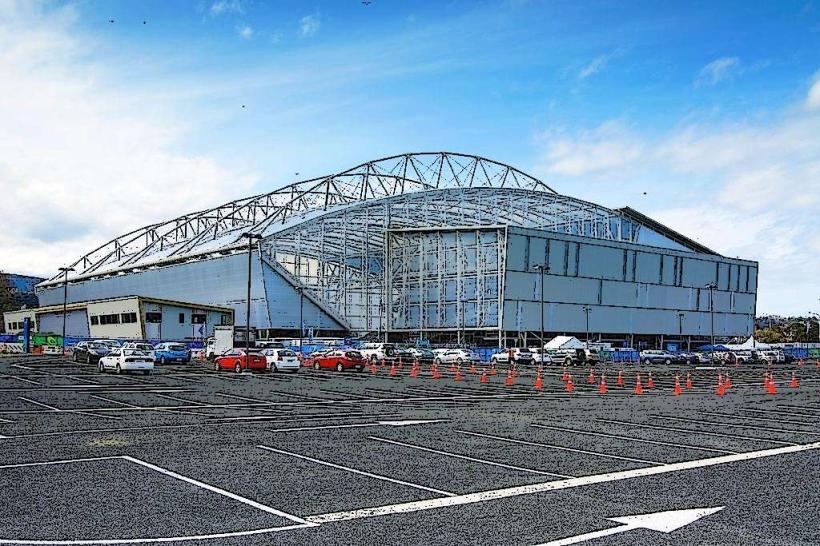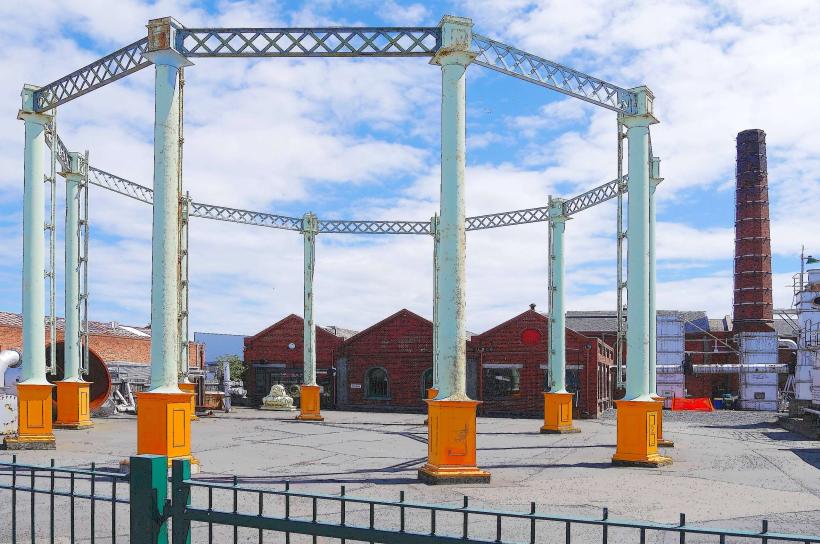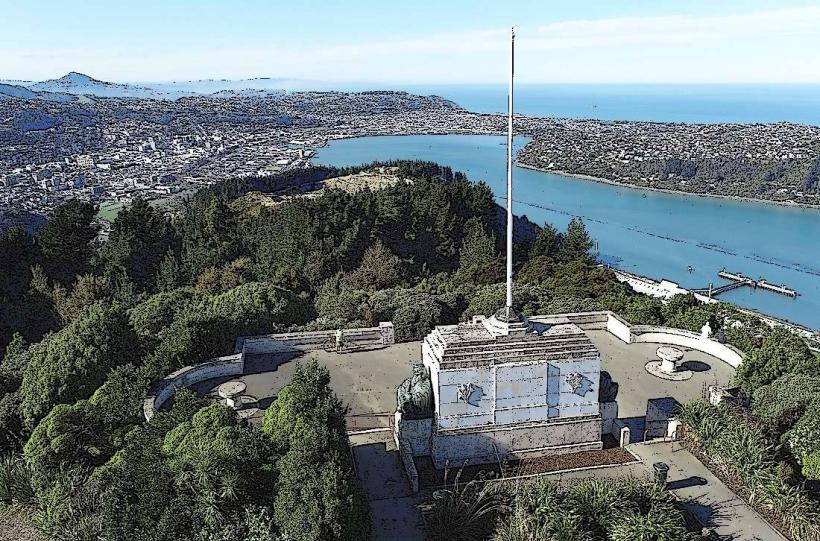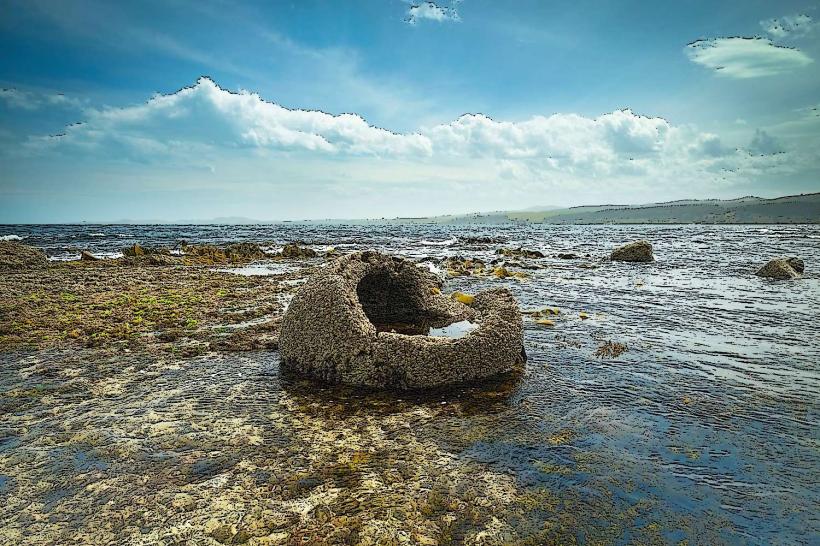Information
Landmark: New Zealand Sports Hall of FameCity: Dunedin
Country: New Zealand
Continent: Australia
The New Zealand Sports Hall of Fame is a prestigious institution dedicated to recognizing and honoring the achievements of New Zealand’s most outstanding athletes. Located in Dunedin, it serves as a tribute to the country's rich sporting history and the individuals who have made significant contributions to New Zealand's success in various sports.
Key Features of the New Zealand Sports Hall of Fame:
1. Purpose and Mission
The primary aim of the New Zealand Sports Hall of Fame is to celebrate and preserve the achievements of New Zealand's sports legends. It seeks to honor athletes who have excelled at the highest levels in their respective sports and have contributed to the nation’s sporting identity.
The Hall of Fame showcases the stories of athletes who have achieved greatness on the world stage and highlights their impact on New Zealand’s cultural and sporting heritage.
2. Location and History
The New Zealand Sports Hall of Fame is located in Dunedin, at the Otago Settlers Museum. It opened in 1990 and has since become an important part of the country's sporting culture and tourism industry.
Dunedin was chosen as the location due to its strong historical and cultural ties to New Zealand’s sporting community. The city itself has produced many notable athletes and is home to a rich sporting tradition.
3. Hall of Fame Inductees
The Hall of Fame has inducted numerous legendary athletes from a wide range of sports, including rugby, cricket, athletics, cycling, netball, and more. These athletes are recognized not only for their excellence in their sport but also for their contributions to New Zealand's sporting culture.
Inductees include iconic figures such as:
- Sir Edmund Hillary – The first person to summit Mount Everest.
- All Blacks legends like Richie McCaw, Dan Carter, and Sean Fitzpatrick.
- Sir Peter Snell, a middle-distance runner who won multiple Olympic gold medals.
- Valerie Adams, a world champion shot putter and Olympic gold medalist.
- Michael Jones, a rugby legend known for his contribution to the All Blacks' success.
- Martin Crowe, one of New Zealand's finest cricketers.
The inductees are celebrated for their contributions to New Zealand’s reputation on the global sporting stage, and their achievements are showcased in the Hall of Fame through biographies, memorabilia, and multimedia presentations.
4. Exhibits and Displays
The New Zealand Sports Hall of Fame features a wide range of exhibits that highlight the careers and accomplishments of the inductees. These exhibits include:
- Photographs of athletes in action, capturing key moments of their careers.
- Trophies, medals, and other memorabilia that belonged to the athletes.
- Interactive displays that allow visitors to learn more about the athletes' stories and the history of their sports.
- Video interviews and documentaries that provide insights into the lives and careers of the athletes.
The displays also delve into the history of New Zealand's sporting culture, with sections dedicated to the evolution of sports in the country, important milestones, and memorable moments that have shaped the nation’s sporting identity.
5. Celebrating Sporting Diversity
The Hall of Fame not only recognizes athletes from traditional sports like rugby, cricket, and athletics, but also highlights achievements in women’s sports, paralympic sports, and individual sports like yachting and cycling.
The inclusion of diverse athletes in the Hall of Fame reflects New Zealand’s commitment to celebrating sporting excellence in all forms, regardless of gender, ability, or sport.
6. Events and Educational Programs
The New Zealand Sports Hall of Fame also hosts various events throughout the year, including special inductions, commemorations, and celebrations of New Zealand’s sporting milestones.
The Hall of Fame works in partnership with schools and educational institutions to provide educational programs that inspire young people to pursue sports and learn from the examples set by New Zealand’s sporting legends.
These programs encourage young athletes to dream big, work hard, and achieve greatness, just like those who have been inducted into the Hall of Fame.
7. Visitor Experience
Visitors to the New Zealand Sports Hall of Fame can expect to experience an immersive and educational visit that celebrates the rich history of New Zealand's sporting achievements.
The Hall of Fame is a great destination for sports fans, tourists, and anyone interested in learning more about New Zealand’s cultural heritage through sport.
The museum is also a popular stop for school groups, as it offers a chance to explore New Zealand’s sporting history and inspire the next generation of athletes.
8. Hall of Fame and the National Identity
The New Zealand Sports Hall of Fame plays an important role in shaping the national identity by celebrating sporting excellence and the values associated with sports, such as dedication, teamwork, and resilience.
New Zealand’s success in international sports has been a source of national pride, and the Hall of Fame helps preserve this history for future generations to appreciate.
9. Famous Sporting Moments
- The Hall of Fame also highlights New Zealand's significant sporting moments, such as:
- The 1987 Rugby World Cup victory – New Zealand’s first World Cup win in rugby.
- The achievements of the New Zealand rowing team at the Olympics and World Championships.
- The success of New Zealand cyclists, particularly in the Tour de France.
- Olympic gold medals won by athletes such as Valerie Adams, Peter Snell, and Dame Yvette Williams.
Summary
The New Zealand Sports Hall of Fame is a place where New Zealand’s sporting legends are celebrated and honored for their extraordinary achievements. Located in Dunedin, it showcases the careers of athletes who have excelled in various sports, from rugby and cricket to athletics and cycling. The Hall of Fame offers visitors the opportunity to learn about New Zealand’s rich sporting history and the remarkable individuals who have contributed to its success on the global stage. It is an important cultural institution that both honors and preserves the legacy of New Zealand’s sporting excellence for future generations.

